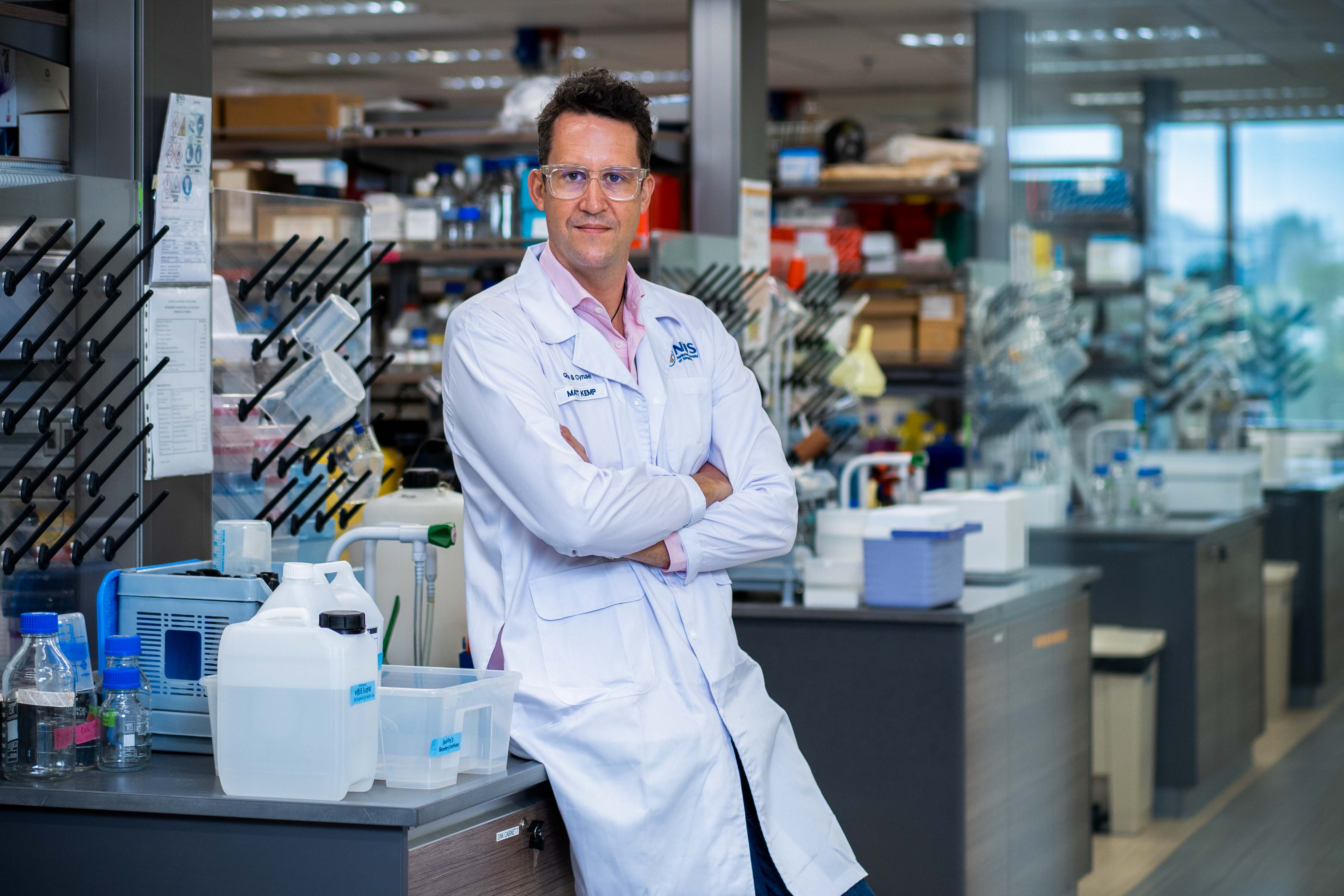This Women’s Health Week, researchers and advocates across Australia are calling for stronger support for the research that underpins access to health care for women and girls.


This Women’s Health Week, researchers and advocates across Australia are calling for stronger support for the research that underpins access to health care for women and girls.
Women’s Health Week is recognised nationally from September 1 to 5 each year to refocus attention on improving the health and wellbeing of women and girls.
While better access to care is absolutely vital, it is necessary to understand that research is the key to unblocking barriers, simplifying the process of accessing health care and eventually, closing the current gender health gap.
The theme for this year’s Women’s Health Week is ‘Say yes to you’ and reflects the importance of women putting their health first.
Research from global organisation McKinsey Health Institute found that women spend on average nine years in poor health, about 25 per cent longer than men.
The Australian government committed $793 million towards a women’s health package as part of its Federal Budget 2025-2026, promising to support endometriosis clinics, menopause therapies, subsidised contraceptives and more.
Although this dedication from the federal government signalled to a major step forward, Women and Infants Research Foundation highlights that the crucial area of research still requires attention.
WIRF chief scientist Professor Matt Kemp said that better access to treatment must be matched with investment in the science that makes better care possible.
“Without targeted funding for women’s health research, we will continue to fall short of closing the gender health gap,” Professor Kemp said.

Professor Matt Kemp says poor health has a profound ripple effect across families, workplaces, and communities. Photo: Grace Baey / Tiny Big Picture
The global gender health gap is estimated to cost up to 75 million life years and US$1 trillion annually.
For too long, women’s health has been under-recognised and underfunded, but this Women’s Health Week, researchers and advocates are calling for more focus on the research that underpins access to care.
“Research isn’t a luxury, it’s a necessity,” Professor Kemp said.
“On the one hand, we are often talking about serious personal health challenges, so it is critically important that we make rapid progress in terms of prevention, rapid diagnosis, and effective treatments.
“At the same time, poor individual health has a profound ripple effect across families, workplaces, and communities.”
WIRF is at the forefront of addressing these unmet needs, working to deliver research-informed innovations required to improve the health of women and newborn babies.
"This is about precision medicine, getting the right therapy to the right patient, at the right time." WIRF chief scientist Professor Matt Kemp
One of the foundation’s research focuses is the development of screening tests for vital health challenges, such as preterm birth, pre-eclampsia, and ovarian cancer.
Preterm birth remains a leading cause of infant mortality across the world and for decades, glucocorticoid therapy – a treatment that uses steroid medicines to help speed up a baby’s lung development before premature birth – has been used as a means of treatment.
However, results are highly variable, and many patients receiving glucocorticoid therapy do not benefit.
In light of this, WIRF researchers have developed a new transdermal patch to deliver lower, extended doses of glucocorticoids to the mother, removing the need for painful injections.
Preliminary efficacy data are extremely promising and further optimisation studies are underway.
A complementary maternal blood test for fetal lung maturation status could help clinicians determine which babies will benefit, reducing unnecessary treatments.
“This is about precision medicine, getting the right therapy to the right patient, at the right time,” Professor Kemp said.

Closing the health gap could boost global productivity, free up healthcare systems and strengthen communities.
Pre-eclampsia is another health challenge being addressed by WIRF on its mission to improve women’s health.
The life-threatening condition characterised by high blood pressure and organ stress threatens both mothers and babies and can lead to premature cardiovascular disease and heart failure.
WIRF scientists are developing a rapid blood test that uses RNA markers to predict pre-eclampsia risk, enabling earlier intervention.
Another promising approach that WIRF is supporting is Isometric Handgrip Echocardiography (IHE), a simple handgrip test that could screen women more easily for heart problems linked to pre-eclampsia.
“Preeclampsia doesn’t just affect pregnancy, it increases a woman’s cardiovascular risk for life,” Professor Kemp said.
“That’s why early detection tools are so important.”
"Investing in women’s health research ... saves lives, reduces costs and strengthens our society as a whole." WIRF chief scientist Professor Matt Kemp
Every year, 314,000 women worldwide are diagnosed with ovarian cancer, often at advanced stages due to the absence of early screening.
WIRF researchers are developing an ultra-sensitive blood-based test, drawing on a biobank of ovarian cancer samples.
If successful, the test could become a low-cost, minimally invasive tool for earlier diagnosis, dramatically improving survival rates.
These advances point to the broader fact that sustained investment in women’s health research delivers outsized benefits.
“The budget’s new Medicare rebates for menopause health assessments and funding for national clinics are excellent steps,” Professor Kemp said.
“But without research to inform them, we risk missing the opportunity to transform care and improve outcomes for millions of women.”
The return is not just clinical, it is economic.
Closing the health gap could boost global productivity, free up healthcare systems, and create healthier, more resilient communities.
“Investing in women’s health research is not just the right thing to do, it’s the smart thing to do,” Professor Kemp said.
“It saves lives, reduces costs and strengthens our society as a whole.”














